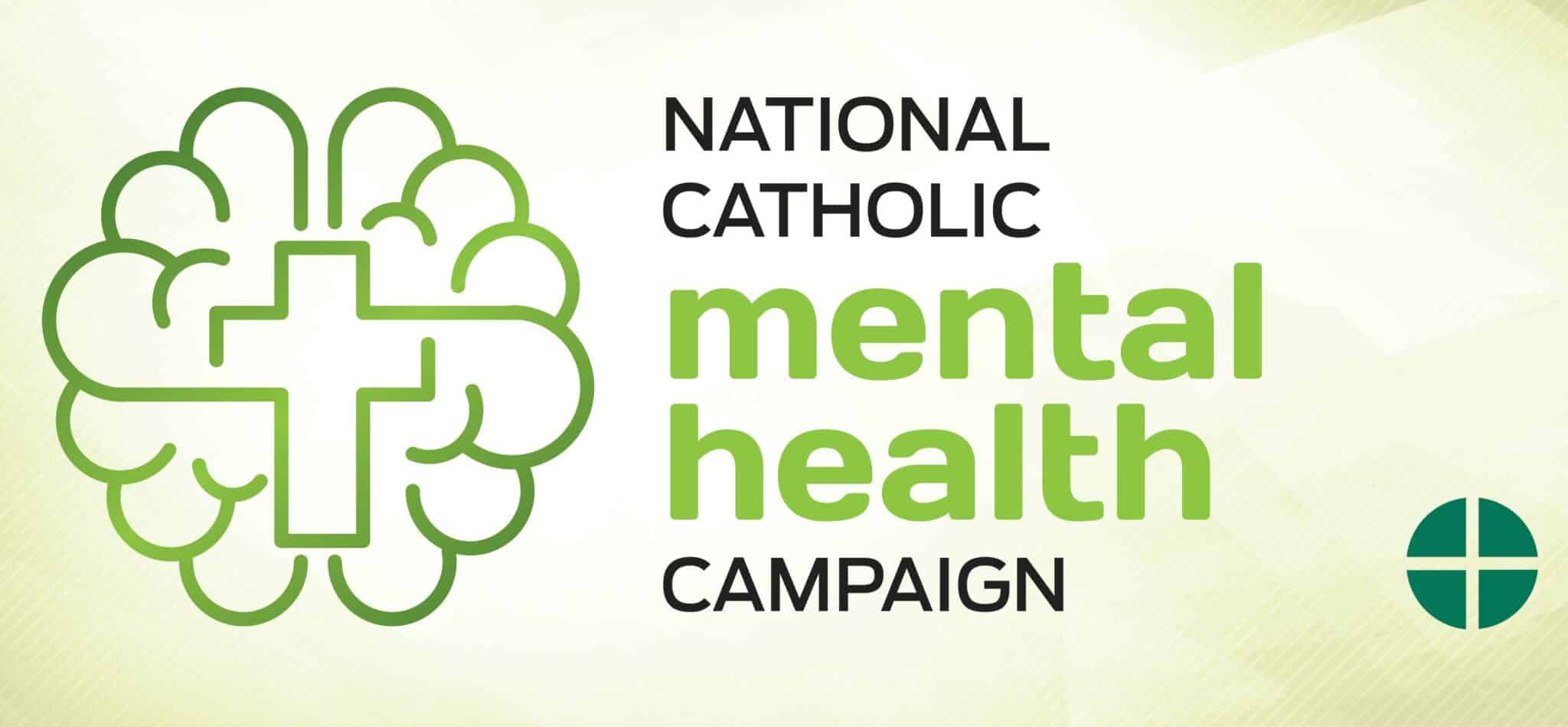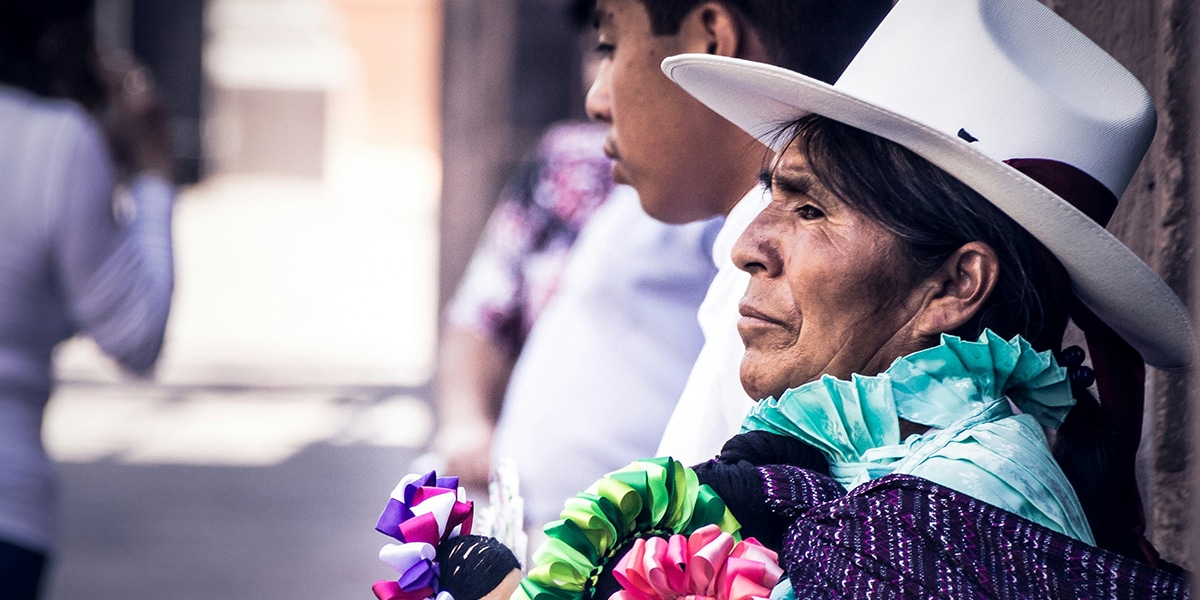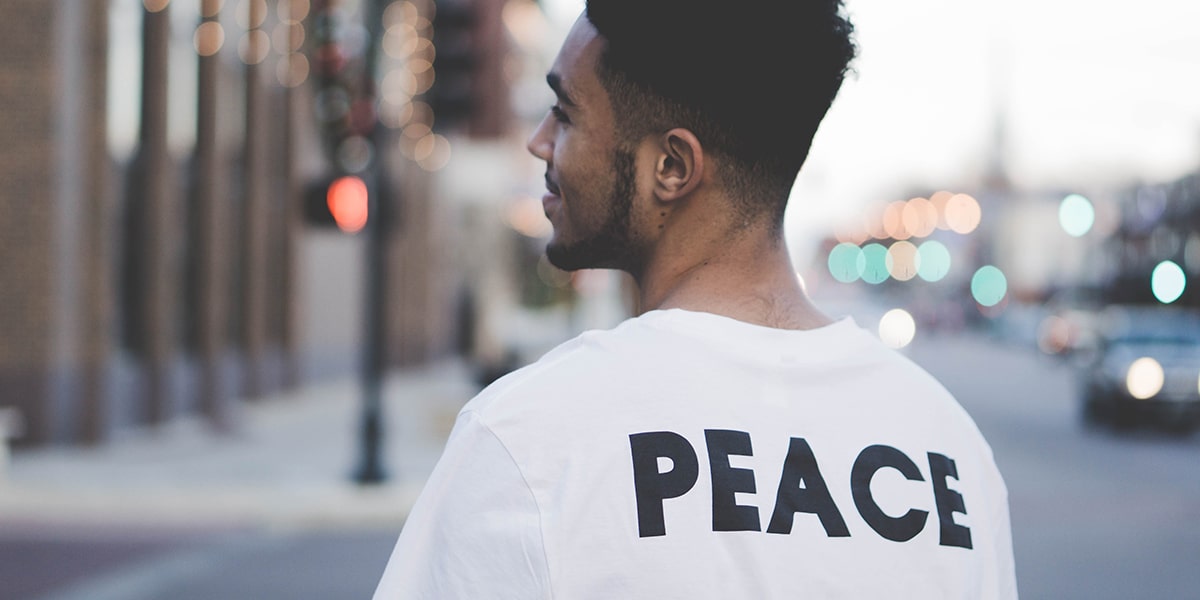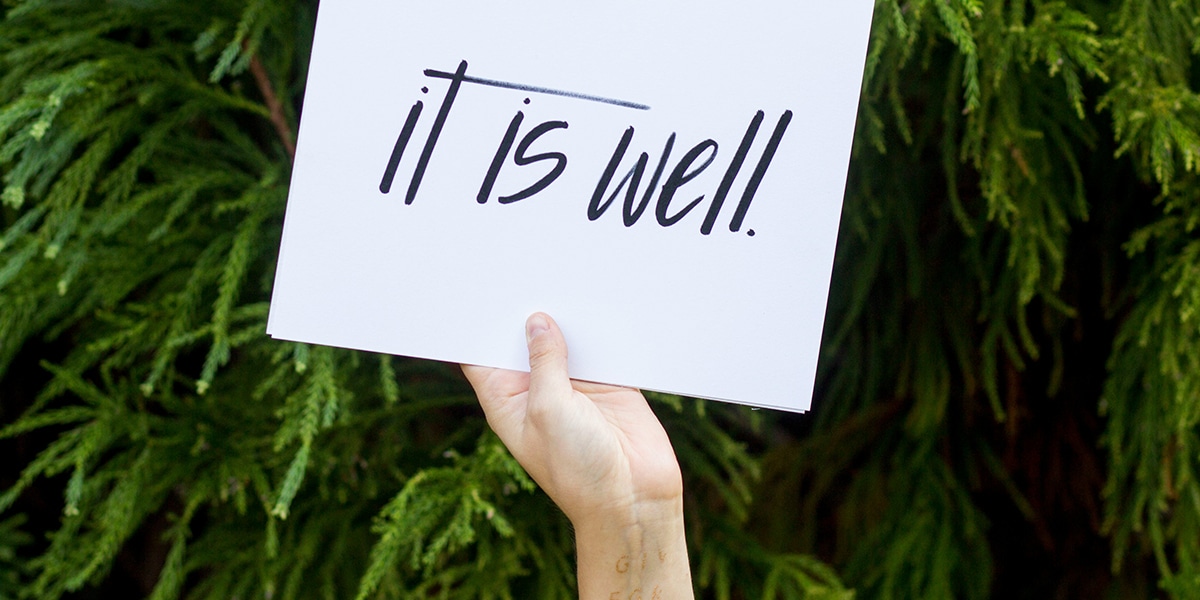(OSV News) — Two U.S. bishops have launched the National Catholic Mental Health Campaign, amid a global crisis in mental health and a decline in mental health resources in the U.S.
The campaign was announced Oct. 10 to coincide with World Mental Health Day, created by the World Federation for Mental Health in 1992 to highlight the importance of mental health. This year’s theme focuses on mental health as a universal human right.
Leading the initiative are Archbishop Borys A. Gudziak of the Ukrainian Catholic Archeparchy of Philadelphia, chairman of the U.S. Conference of Catholic Bishops’ Committee on Domestic Justice and Human Development; and Bishop Robert E. Barron of Winona-Rochester, Minnesota, chairman of the USCCB’s Committee on Laity, Marriage, Family Life and Youth.
The bishops acknowledged the “generous support” of several organizations in developing the campaign — among them Catholic Charities USA, the Catholic Health Association, the National Catholic Partnership on Disability, the U.S. Society of St. Vincent de Paul, the National Federation for Catholic Youth Ministry, the National Catholic Network de Pastoral Juvenil Hispana, the National Institute for Ministry with Young Adults and the Association of Catholic Mental Health Ministers.
In an introductory message for the campaign, the bishops said their goals are threefold: to raise greater awareness of the issue, to remove the sense of stigma for those suffering from mental illness, and “to advocate a clear message to all: Everyone who needs help should get help.”
The campaign begins with an Oct. 10-18 novena designed to encourage participants to “pray, learn, act,” with additional resources set to enhance the project over the coming months.
Each day of the novena focuses on a particular aspect of mental health, addressing stigma, social relationships, and the impact of factors such as racism and poverty. Saints and others invoked during the novena include St. Dymphna, patron of those with mental illness; St. Martin de Porres, who experienced racial discrimination throughout his life; and Dorothy Day, a servant of God who twice attempted suicide as a young woman. Novena materials can be found online at https://www.usccb.org/mental-health-novena.
Along with the novena, the USCCB will host virtual roundtables with bishops and Catholic leaders to discuss ways in which the church can remove stigma and support those with mental illness.
As part of the campaign, Archbishop Gudziak and Bishop Barron “invite all Catholics and people of good will to advocate for bipartisan legislation and policies that address the severe lack of health care resources for prevention and treatment of mental health conditions.”
According to the National Institute of Mental Health, more than one in five U.S. adults (just under 58 million in 2021) live with some form of mental illness, from moderate to severe. Of that group, some 5.5% (14.1 million U.S. adults) have experienced severe mental illness, which substantially interferes with or limits at least one major life activity.
Those with mental illness are also at greater risk of developing a substance abuse or other co-occurring disorder. The 2021 National Survey on Drug Use and Health by the U.S. Substance Abuse and Mental Health Services Administration found that an estimated 9.2 million U.S. adults suffered from both mental illness and a substance abuse disorder.
In addition, “we are in a moment where mental illness is particularly acute in teenagers,” said Archbishop Gudziak and Bishop Barron in their introductory message to the campaign.
In 2021, U.S. Surgeon General Vivek Murthy issued an advisory noting that recent data showed a substantial spike in mental health challenges among young people. That same year, the Centers for Disease Control found that almost 60% of female high school students and close to 70% of students who identify as LGBQ+ had “experienced persistent feelings of sadness or hopeless” during the previous year, with almost 25% of the females making a suicide plan, and close to 25% of the LGBQ+ students actually attempting suicide.
At the same time, “there is a severe shortage of resources and providers for mental health care,” the bishops pointed out in their introductory message, citing data projecting a nationwide shortage of anywhere from 14,000 to 31,000 psychiatrists by 2024. More than one-third of the U.S. population resides in areas federally recognized as having an insufficient number of mental health professionals, they said.
The bishops admitted the National Catholic Mental Health Campaign “represents a modest initial effort by the USCCB, with the support of key collaborators in ministry and advocacy, to address this enormous issue and start discussions that can lead to greater action and change.”
Despite the daunting task, they urged hope and compassion.
“As pastors, we want to emphasize this point to anyone who is suffering from mental illness or facing mental health challenges: Nobody and nothing can alter or diminish your God-given dignity,” they said. “You are a beloved child of God, a God of healing and hope. … Our Lord is always with you in your pain, fragility and suffering, and he calls the Church, His Body here on earth, to love, support, and advocate for you.”








1 thought on “Two U.S bishops launch National Catholic Mental Health Campaign and novena amid crisis”
I heard forty years ago that one fourth of Americans at that time would experience some form of mental illness some time in their respective lives. Whether that percentage has increased since then, I don’t know.
As for me, I’ve experienced some serious mental problems growing up, but due to the support of my wonderful parents (now deceased), I’ve seemed to have recovered somewhat. I’ll be sixty years old in January. But the amount of lost time/years I won’t be able to recover, alas. I still have PTSD and the emotional part of my brain still seems somewhat impaired for whatever reason. The key to my recovery I believe was figuring out the importance of sleeping properly. I go to bed at 9 p.m. and wake of up 5 a.m. My body now knows what to expect. Most people can’t tell that I have a mental impairment and treat me like a regular person and also have a lot of respect for me for whatever reason. But then, perhaps that’s because I do my best to respect myself. When I disclose to some people my mental disability, they find it hard to believe because they say I’m so intelligent. Well, I’m only intelligent because I make a concerted effort to read every day a little bit. It’s the old tortoise and hare story pertaining to persistence. Love does conquer all, supposedly.
People need to be realistic and lower their expectations, when it comes to their idea of success. Count your blessings, because things could always be worse. Where there is life, there is hope. Accept people for who they are, not what you want them or expect yourself to be. If you want less, you’ll be happier. Go ahead and want stuff, just be realistic so that however small your goals are, they can be achieved, then praise God. God cares! Having God in one’s life is important, very, very, important. At least it is for me.
Comments are closed.